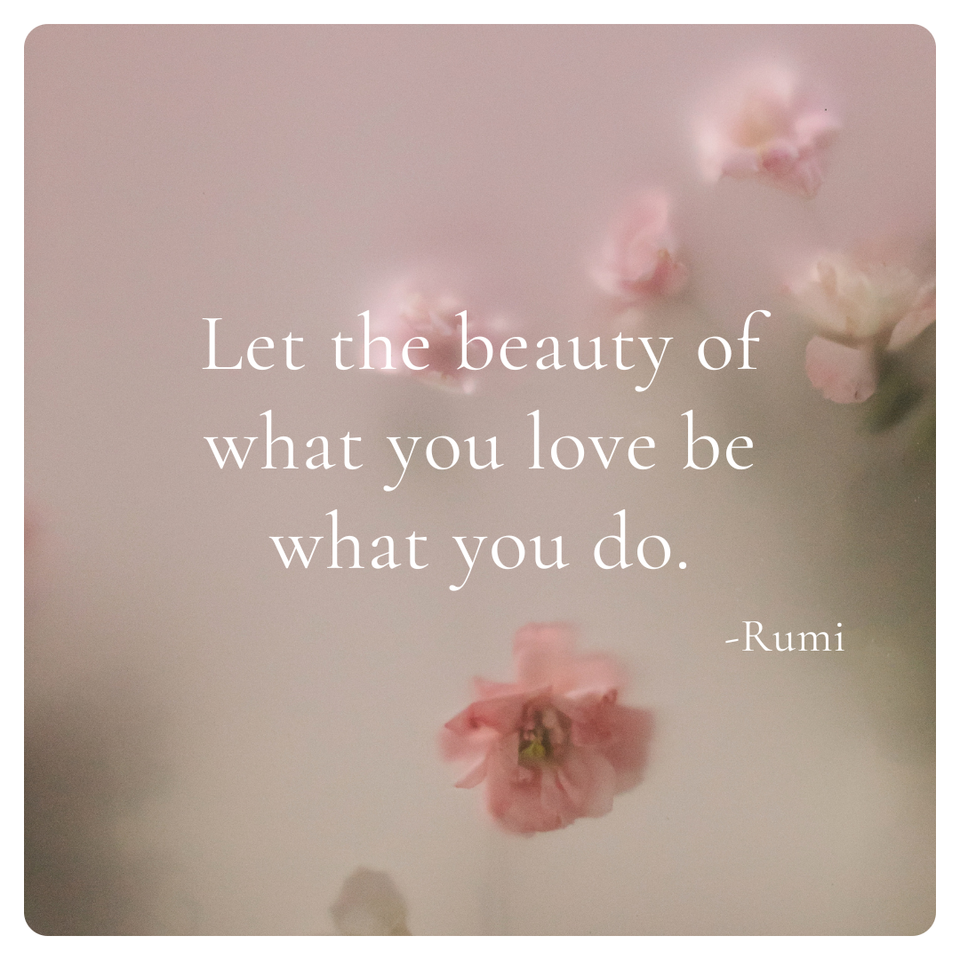What do you do?

Twelve years after I set out to become a professional writer, I still struggle to answer this simple question with: "I'm a writer." More often than not, I feel the need to add words—like student, consultant, analyst, entrepreneur, or jack-of-all-trades. In my weakest moments, I plant my professional identity in a past version of myself, stating that I used to work in the tech sector. And when I'm feeling sheepish about spending five prime earnings years as a university student, I add that I'm working toward a career as a writing instructor. I seem to be more comfortable discussing what I used to do and what I hope to do than what I actually do.
"What do you do?" may be the defining question of modern society. For most people, our identities are inextricably tied to our occupations. This career-centric mindset, rooted in the Protestant work ethic that championed hard work as a benefit to both the individual and society, has evolved—or perhaps devolved—to define a person's value based on their productivity. Which is why this quintessentially human question motivates responses that depend heavily on context. For example, imagine that you're a writer at a literary conference and someone asks what you do. Your natural reaction might be to provide a nuanced response like: "I write upmarket fiction, creative nonfiction, and poetry." By contrast, in a hockey dressing room full of people with "real" jobs—carpenters, landscapers, doctors, programmers, teachers, farmers, electricians, and such—"I'm a writer" might seem suitably vague. And in a roomful of high-powered executives, any form of writerly response is likely to prompt a follow-up question like: "Yeah, but what do you do for a living?"
Even within the context of my own blog, I feel compelled to talk about what I've done more than what I do. As a relative unknown writing a "big idea" book about navigating our increasingly complicated world, my publishing success may depend on my ability to demonstrate a wide range of subject matter expertise. Yet on some level, my need to share parts of my own story—like the sixteen years I spent building a software company, the year I lived in a camper van, or my mid-life return to university—is a product of my own delicate ego, which constantly tells me that I need to justify my right to write.
Almost every wordsmith I know lives with at least a hint of imposter syndrome: the feeling that no matter how well we master our craft or understand the subjects we write about, we are never quite qualified to call ourselves writers. Perhaps this relates to how difficult it is to make a living from the written word, or the challenge of measuring our words in some socially acceptable definition of productivity. But imposter syndrome is more a matter of subjectivity than productivity; it is little more than a manifestation of the age-old saying that we tend to be our own worst critics.
Recently, I've begun to reframe imposter syndrome as a form of humility: a recognition that even while standing on our proverbial soapboxes, we writers aren't broadcasting know-it-all monologues; we're opening dialogues with people who engage with our words. This reframing liberates me in several ways: it treats the posts, poems, articles and books that I publish as conversation starters rather than finished products; it frees me to approach writing as a personal journey; and it grants me license to write imperfectly. It also empowers me to release my words into the wind like seeds, allowing wildflowers to bloom as others read, share, and comment on my work.
I consider this blog to be a scratch pad for new ideas, and a living record of my exploration into a wide range of subjects. Some of the topics I'll explore—like economics, communications, transportation, education, and popular culture—are macro-level themes that I'll revisit from several angles (sometimes confusing myself in the process). Other posts will be more experiential in nature, providing glimpses into simpler, more authentic ways to live. I will share my own thoughts, steeped in research and personal experience, alongside interviews with people who challenge me to think and/or act unconventionally. If you've come to this site seeking clear answers to life's most challenging questions, I'm unlikely to meet your expectations. But if you've arrived with a sense of curiosity and a desire to explore our complicated world with me, then I welcome you to the conversation.
I'll have plenty to say in the posts that spill forth over the coming weeks, months, and years. Now I'd like to hear from you ... by asking the simple (but deceptively challenging) question:
What do you do?
If you're so inclined, please post your response in the comment section below...
Member discussion